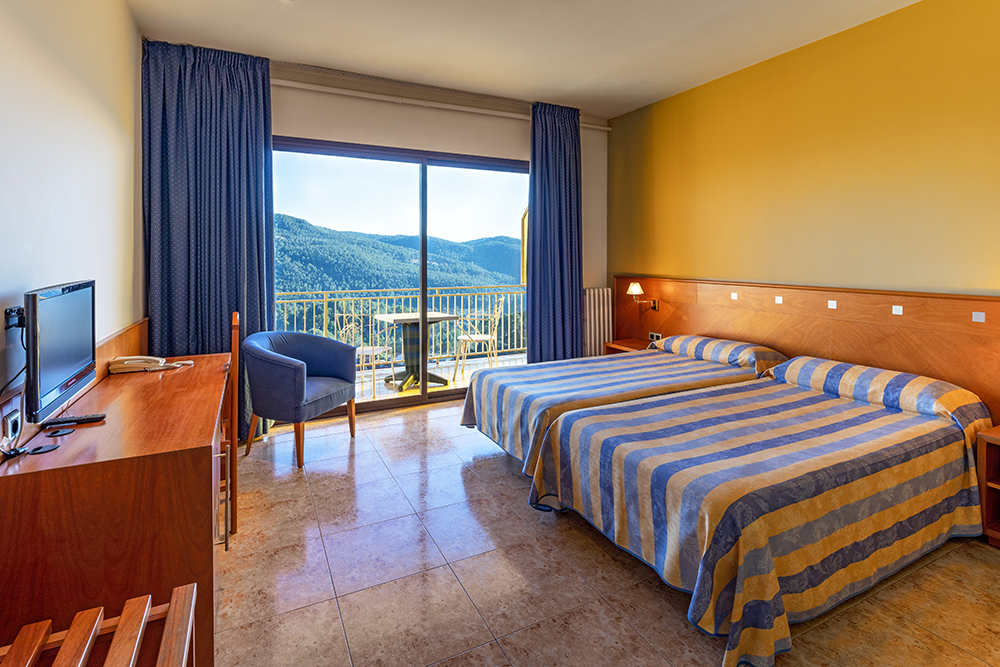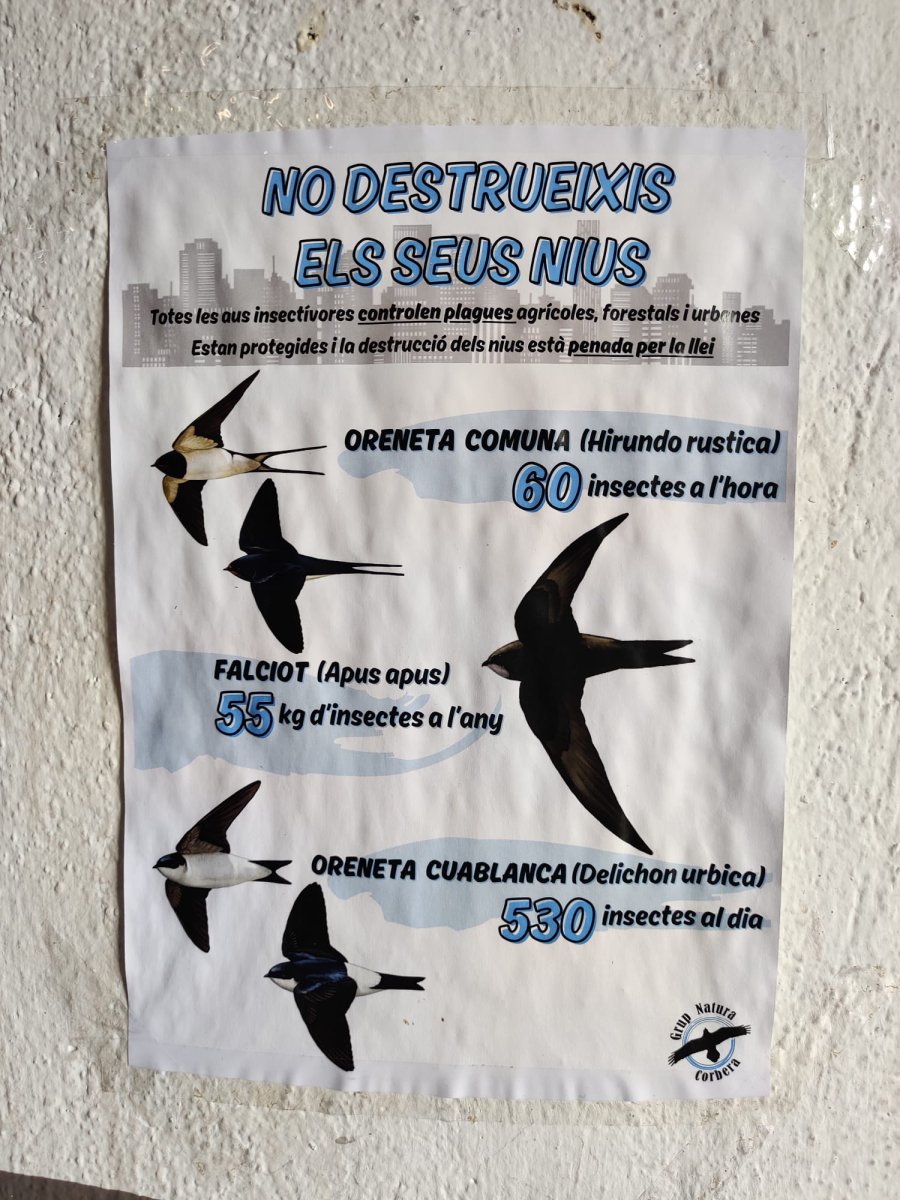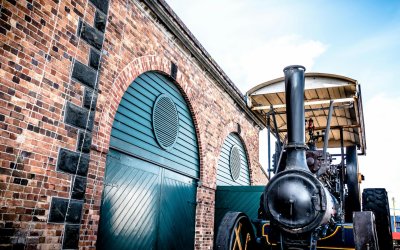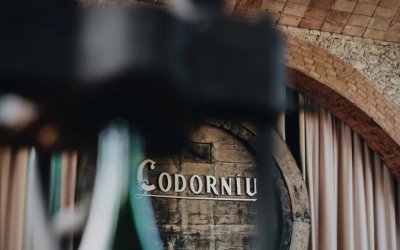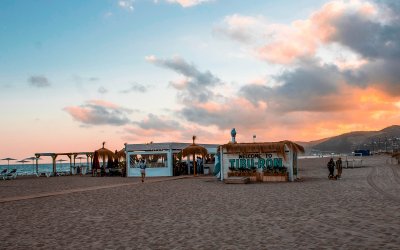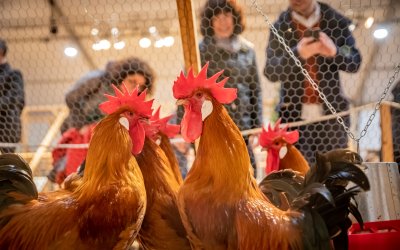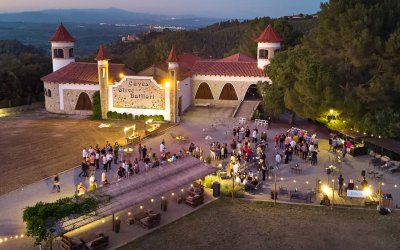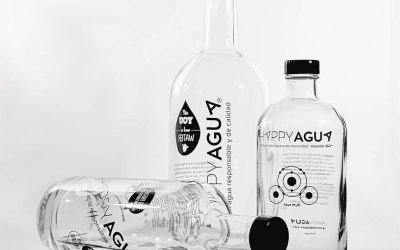At Can Fisa, located in the upper area of Corbera de Llobregat, just 18 km from Barcelona, sustainability is a tangible reality in every corner and a goal they work towards every day. Inspired by the spectacular landscape surrounding them near the Ordal mountains, this family-run hotel has found a unique way to balance respect for the environment with the experience of its guests.
“We have grown up living in harmony with this environment, and we are convinced that working to preserve it is the best way to move forward”, says Marc Fisa, the hotel manager. This commitment has led Can Fisa to adopt various measures to reduce the environmental impact of its operations. Among them, one stands out: coexisting with the swallows that return to the hotel year after year to nest.
A Natural Symbiosis
With the arrival of spring in late March, the swallows arrive punctually at Can Fisa, having migrated from Africa, to begin their breeding cycle. “We are fascinated by the fact that they can travel thousands of kilometres and, after half a year, return to their nest in our car park in Corbera de Llobregat”, says Fisa.
The colony has grown over the years and is now part of the daily life of the establishment, to which they have adapted perfectly. Every morning, the birds patiently wait for the car park doors to open to fly out in flocks to search for food and materials for their nests. At the end of the day, before the doors close, they return to take shelter from predators and the elements.
The natural spectacle has become an integral part of Can Fisa Hotel, with the swallows’ song and flight captivating everyone who visits. Moreover, this coexistence brings surprising benefits, such as reducing the population of mosquitoes and other insects during summer, resulting in fewer bites.
Although the presence of the swallows also creates some inconveniences, such as the need to increase cleaning efforts, the hotel staff considers it a small price to help preserve this migratory species. “The overall result is positive”, says Fisa, who has integrated coexistence with the swallows into the hotel's daily routine. “With the arrival of spring, we eagerly await them, and at the end of summer, we wish them a safe journey until next year”, he adds.
Commitment to Sustainable Tourism
Caring for the swallows’ nests is part of a broader sustainability philosophy that extends to all hotel management areas. “The environment is part of the added value of our establishment, and we choose to preserve it by working sustainably”, explains the Can Fisa manager. This is why they are part of the Commitment to Sustainable Tourism Destination Barcelona, an initiative that has helped them understand that sustainability goes far beyond isolated actions. “Being part of this commitment means being aware that almost every decision we make has an impact and that we must act accordingly”, he observes.
In recent years, Can Fisa has made significant strides in improving energy efficiency, which has enabled a 17% reduction in electricity consumption despite an increase in the hotel’s occupancy. To achieve this, they have installed photovoltaic panels to generate renewable energy and more efficient air conditioning systems and replaced almost all the hotel’s lighting with LED technology.
Regarding water consumption, the establishment has fitted flow regulators to the taps and replaced bathtubs with showers in renovated bathrooms, a step that contributes to more rational water use, especially in an area where water resources can be limited.
Another key pillar of sustainability at Can Fisa is its commitment to locally sourced cuisine. “Our region offers a wide range of quality products and people who do things very well”, says Marc Fisa. In line with this, the hotel prioritises food from local producers and other parts of Catalonia, enriching its culinary offering and providing guests with an authentic and sustainable dining experience.
Thus, Can Fisa’s commitment is reflected in all aspects of the hotel, an approach that, according to Fisa, brings positive returns for the planet, the local community and the establishment itself. “We believe we must work towards doing things more sustainably, both out of respect for our environment and because of the economic benefits these actions can generate in the long term”, he concludes.
